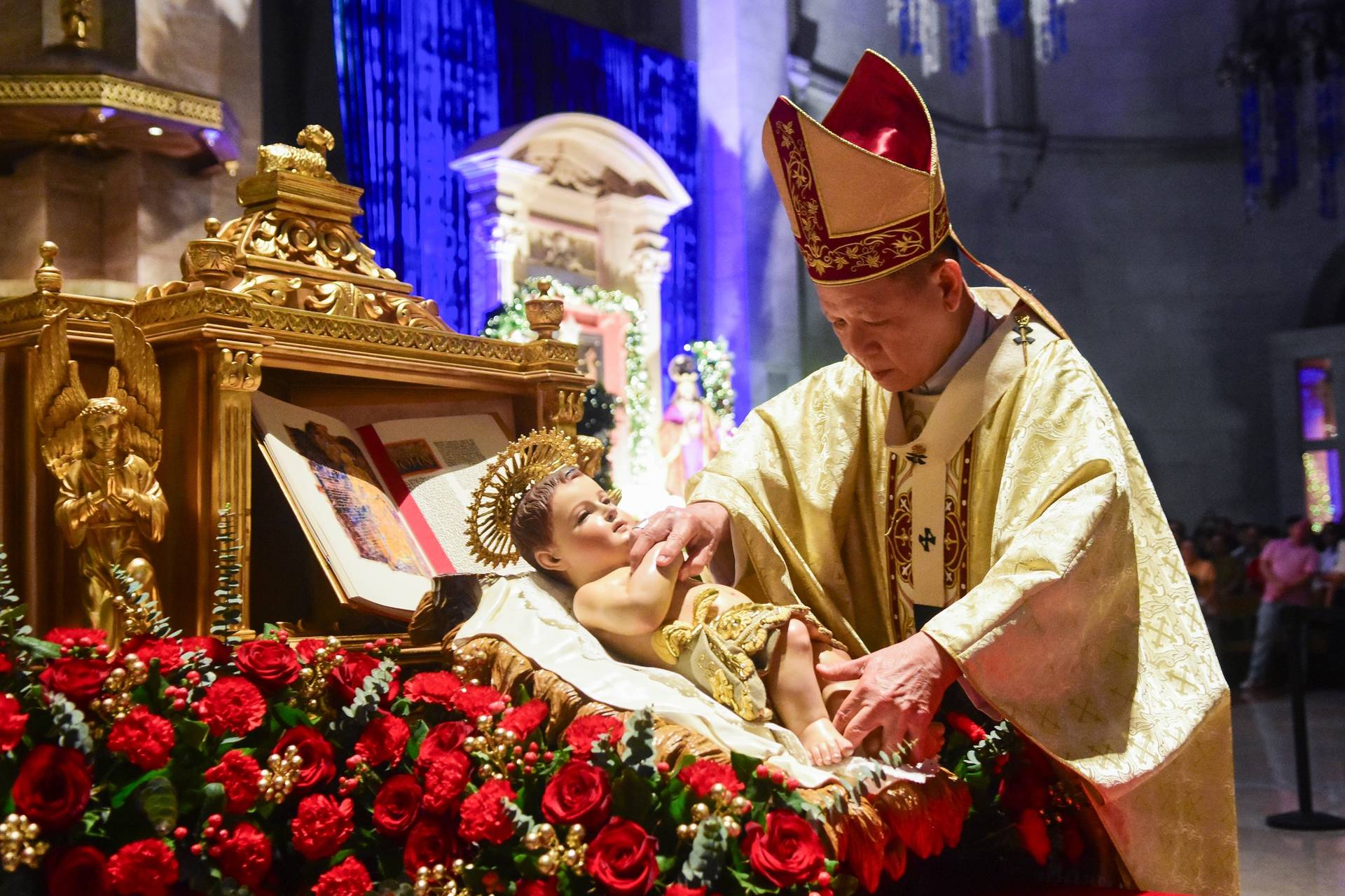PHILADELPHIA — A shuttered 19th century Philadelphia church threatened with demolition may be getting a new lease on life following a sale to a New Jersey developer who said he hopes to save the stone building by turning it into offices.
The Archdiocese of Philadelphia last week confirmed the sale of Saint Laurentius in Fishtown, which neighbors and former parishioners have been campaigning to save for years, The Philadelphia Inquirer reported.
Developer Humberto Fernandini said he purchased the church, which was built in 1882 with the donations of Polish immigrants, after the development team that initially tried to save it transferred to him its agreement of sale.
“I love the church itself. I think it’s an amazing project, and I was sort of enamored with the building,” Fernandini told the paper. “We are committed to keeping the church standing; however, we are still evaluating the structural integrity of (the building’s) towers.”
The archdiocese said in a statement that “while it is disappointing that this day did not come much sooner, due to a variety of challenges, all are relieved that the building has been sold.”
In 2014, the archdiocese announced a decision to close the church, citing “vertical cracks” and a “heavily deteriorated” facade that threatened collapse and would cost nearly $3.5 million to repair and restore. Supporters said their estimates totaled only $700,000. The Philadelphia Historical Commission added the church to the city’s historic register in 2015.
The city licenses and inspections department said in March that stones were expected “to fail at an accelerating rate,” and demolition of the north towers might be needed to protect the public. But in December, the department said the church was in better shape following $135,000 in facade repairs done by the archdiocese over the summer.
Mayor Jim Kenney signed into law last year a trio of bills aimed at making preservation of buildings easier, including one that gives historic “special-use properties” such as churches and theaters more flexible zoning options without a variance.
A previous developer had sought a variance to redevelop the church into apartments, but a neighborhood group appealed, calling for the church to be maintained as a sacred place. Fernandini said he decided to take over the agreement of sale and was considering transforming the property into “offices with perhaps a small cafe” on the first floor.
Fernandini said he will seek opinions from other structural engineers on the safety of the towers. He said the church’s origins strike a chord, since his wife and her parents are of Polish descent.
“I told them I had this Polish church, and they almost collapsed. They were overjoyed,” Fernandini said.
Crux is dedicated to smart, wired and independent reporting on the Vatican and worldwide Catholic Church. That kind of reporting doesn’t come cheap, and we need your support. You can help Crux by giving a small amount monthly, or with a onetime gift. Please remember, Crux is a for-profit organization, so contributions are not tax-deductible.















